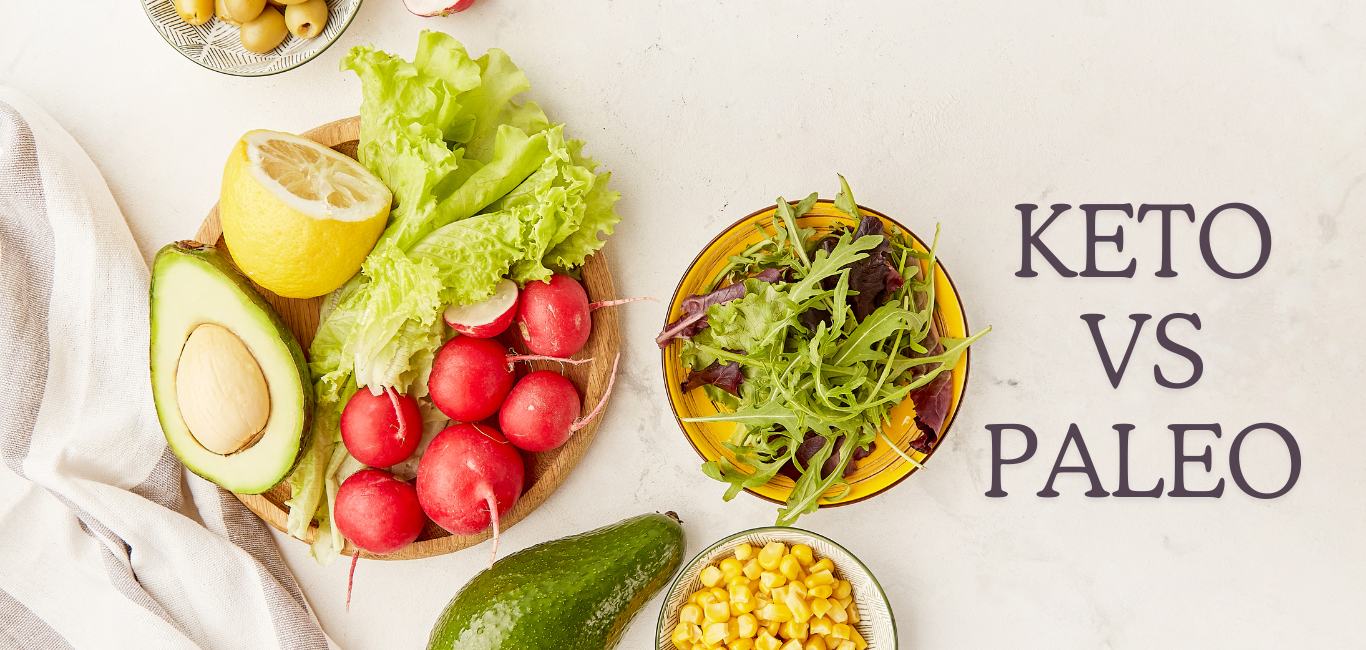
The heavenly smell of cheese baking in the oven, the creamy texture, the sight of it bubbling in a fondue pot — everything about this delicious food can send one into a tizzy. Eat it plain, on your favourite pizza, generously grated over a pasta dish or even in between two slices of warm toast while you sip your morning cuppa, cheese just makes everything more decadent.
However, just as the saying goes that you can’t have too much of a good thing, the same stands true for cheese. In some good news though, experts say that while the common notion is that cheese is high in fat and sodium content, there are a lot of health benefits, too.
Moderation is the key
Cheese is a good source of fat, essential amino acids, fatty acids, peptides, vitamins and minerals such as calcium, potassium, magnesium, says Edwina Raj, senior clinical dietician, Aster CMI Hospital, Bengaluru.
“Though cheese is high in fat or sodium, the bioactive peptides (proteins that are anti-hypertensive, anti-microbial, antioxidant) due to the process of fermentation can help in lowering one’s blood pressure. Cheese is a source of saturated fat which is blamed for increasing the risk of heart disease. But there is no concrete evidence behind this,” she says. She adds that moderate consumption of cheese can be beneficial to one’s health as it is a fermented product packed with essential nutrients that may lower the risk of heart attack and stroke.
Wasim Akhtar, a sports dietician and fitness trainer based out of Noida, agrees. He says that cheese is what you call a ‘whole food’ (Milk and milk products are considered whole foods because they contain 95 to 98 per cent protein and have all the 21 essential amino acids), and this category of food is good for you as long as you eat it in moderation. “Research suggests that you can even eat cheese every day as long as you have a moderate quantity of it. Around 40 grams of cheese a day can help reduce the risk of cardiovascular disease and strokes,” he says.
However, Raj points out that most of the research has been conducted in western countries. In the absence of interventional studies among the Indian population, it is hard to define the safe limit of cheese consumption. “One thing is for sure, cheese consumption is definitely not recommended when paired with processed meats like sausages and salami, or with refined flour-based breads,” she warns.
Pick your cheese carefully
A supermarket run will show you just how many types of cheese are out there. While processed cheese is easier to find, easier on your pocket and has a longer shelf life, the natural kinds are also plentiful today, with people realising the benefits of the latter.
Vivek Dobhal, a chef and restaurant consultant based out of New Delhi, says that softer cheese made from goats’ milk is healthier and recommended for those on a diet. “Cheese made from goats’ milk, like brie and camembert, are healthier, but contain more milk fats and are an excellent source of protein. On the other hand, aged cheese like parmesan or cheddar have less milk fats, and are, therefore, preferred by those with an intolerance towards lactose,” he says.
Talking about the types of cheese and their benefits, Raj says, “Swiss cheese is rich in calcium, vitamin D and vitamin K2, which aids in bone health. But whether you choose hard and soft cheese, go for those with reduced fat and sodium content as this is what is recommended for heart health. A nutritionist can advise you based on your specific needs.”
So, the next time you crave cheese, don’t be swayed by its tarnished reputation — it is a healthy and delicious source of many nutrients.
Benefits of eating cheese
- Bone health
- Dental health
- Blood pressure control
- Healthy blood vessels
- Good gut health and cholesterol
- Maintaining a healthy weight
- Omega-3 fatty acids
- Healthy cells
Types of cheese
Whole-milk cheese contains between 6 and 10g of fat per 28g serving. Of this, 4g to 6g is saturated fat.
Low-fat or reduced-fat cheese is made with 2 percent milk. Non-fat cheese is made with 0 percent or skim milk.
Fresh cheeses are those that have not been aged or matured. They usually have a higher moisture content, softer texture, and milder taste than aged cheeses. Examples include ricotta, cream cheese, cottage cheese, and mascarpone.
Aged or mature cheeses are firmer in texture and tend to be aged for 6 months or longer. The longer the ageing process, the more concentrated or sharp the flavour. Cheddar, Swiss, Parmesan, and Gruyère are examples of aged cheeses.
Processed cheese, such as cheese spread, and cheese-flavoured products cannot be categorised as cheese. These are shelf-stable products containing added ingredients such as flavour enhancers and emulsifiers.
Non-dairy cheeses, such as soy cheese, are suitable for people who do not consume dairy products, but they are highly processed.

















